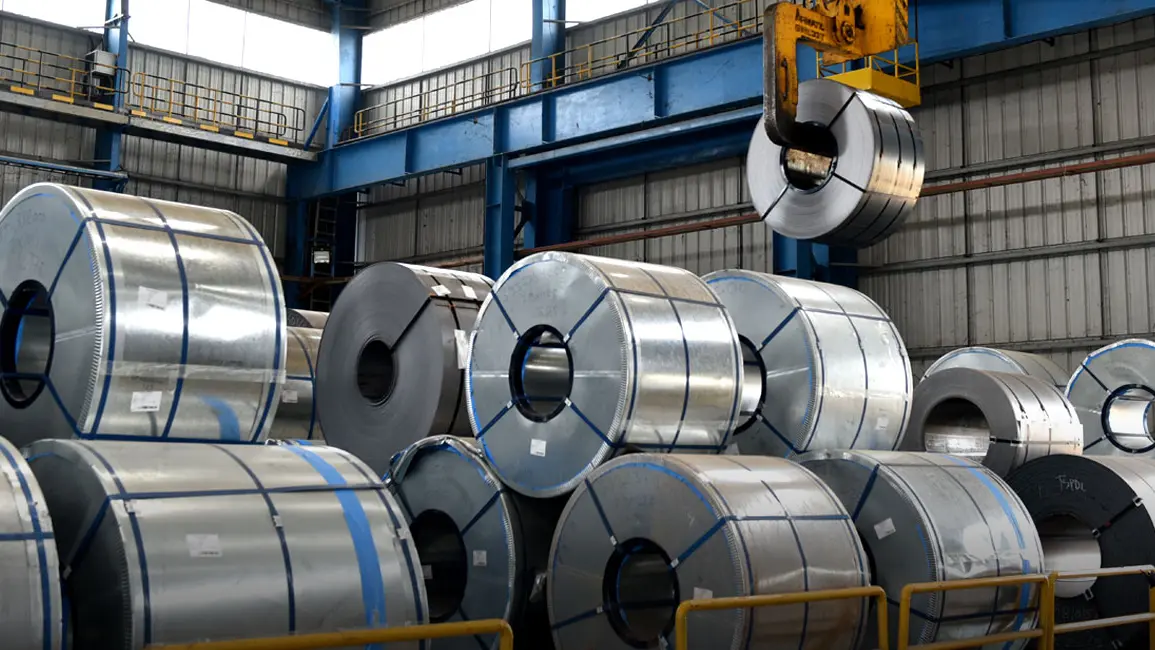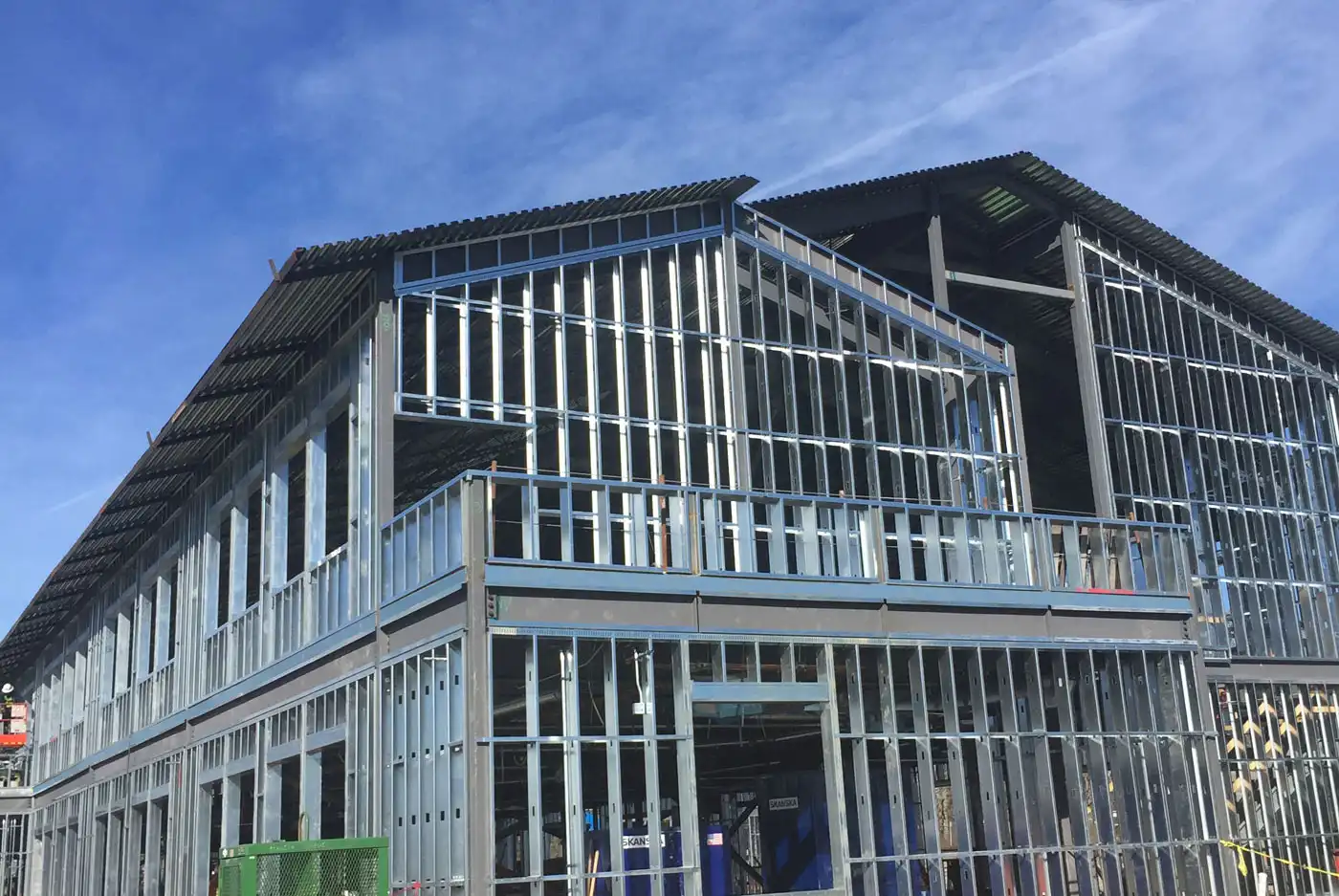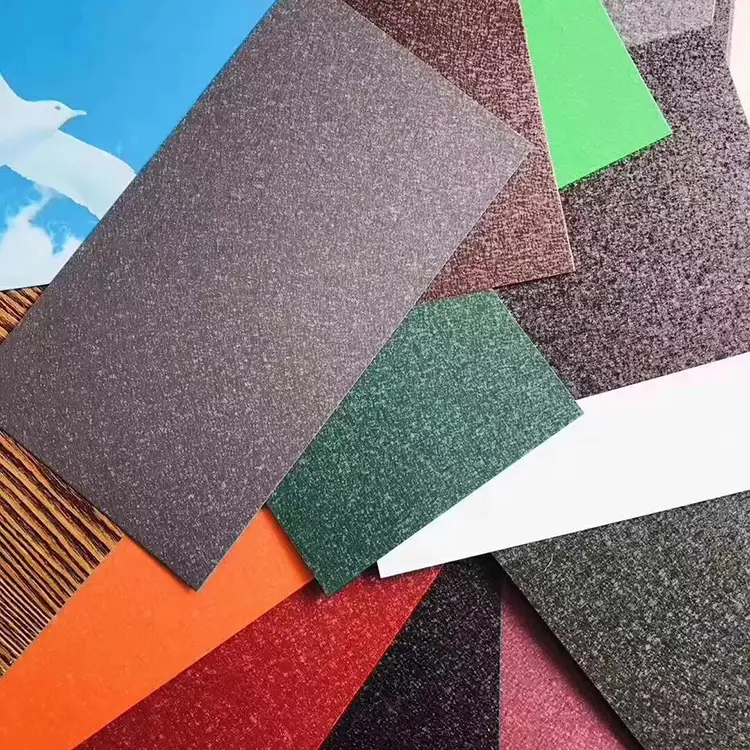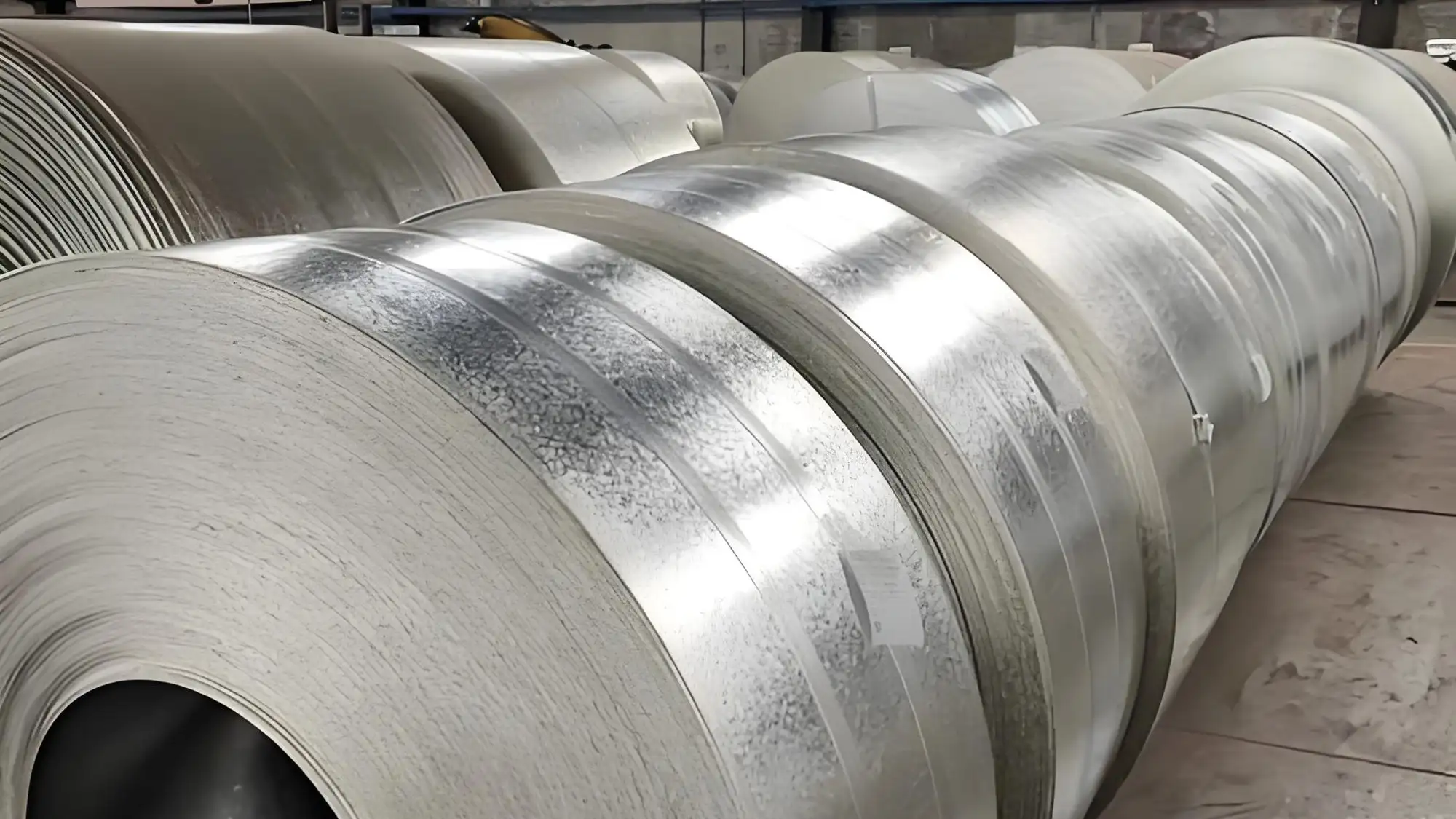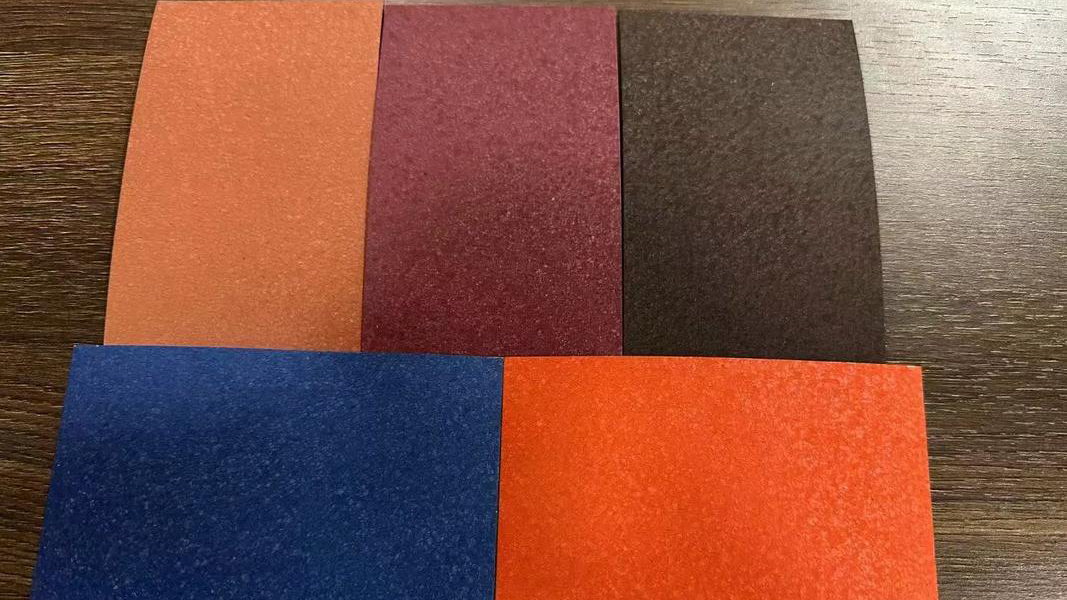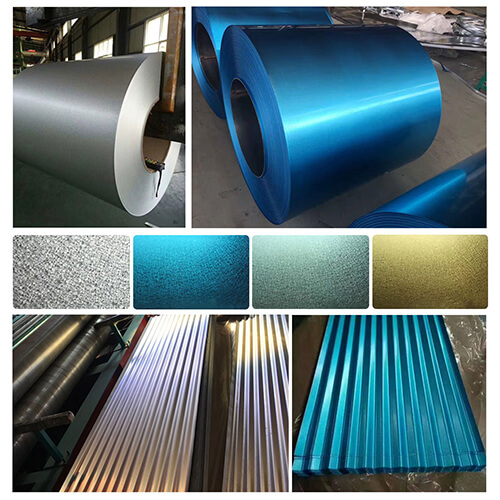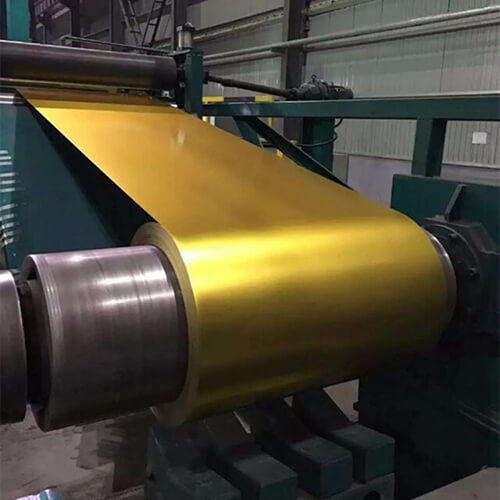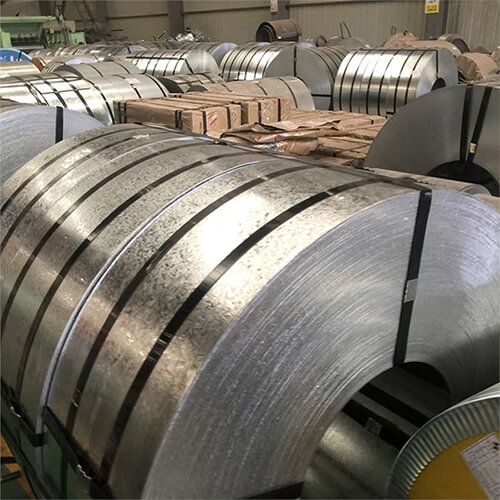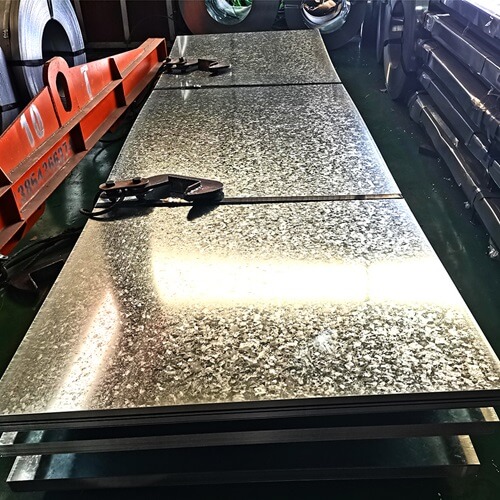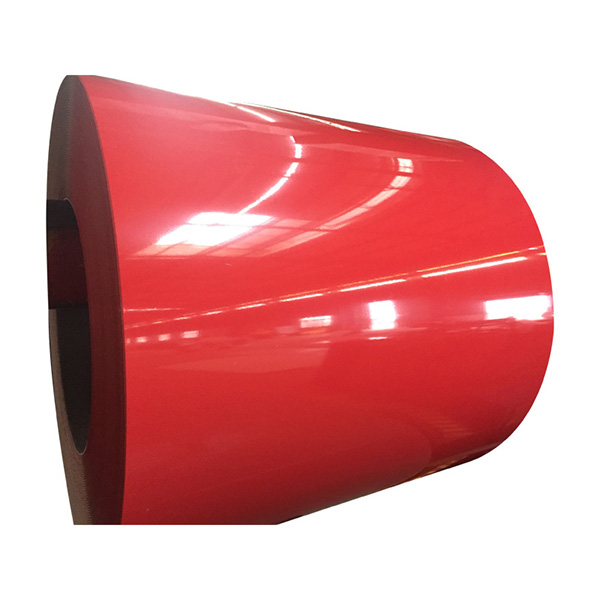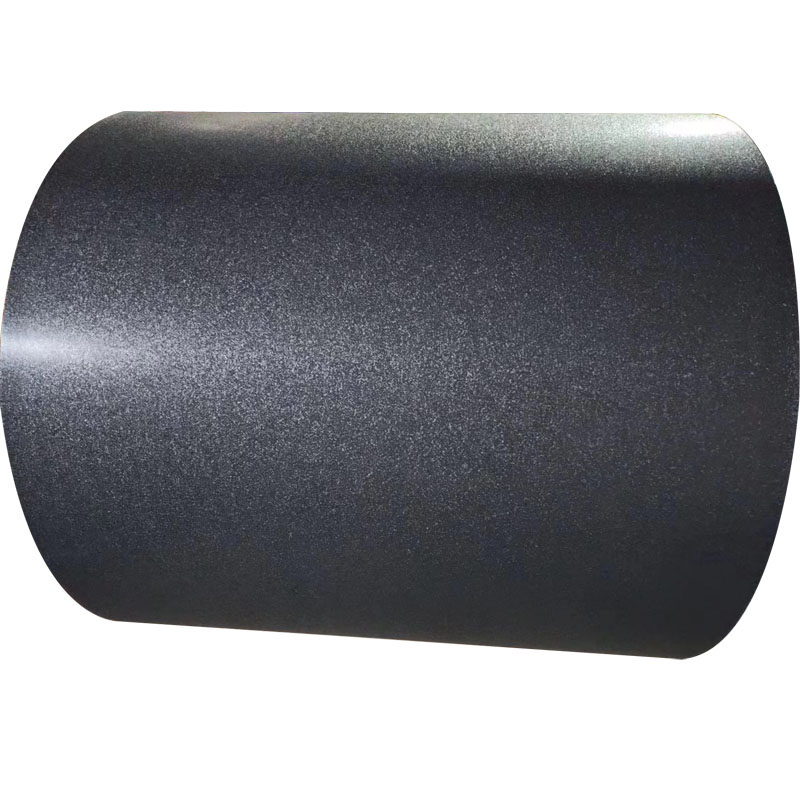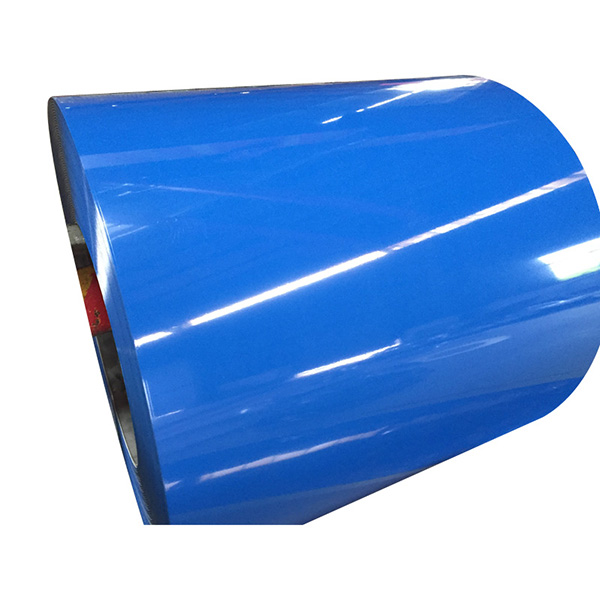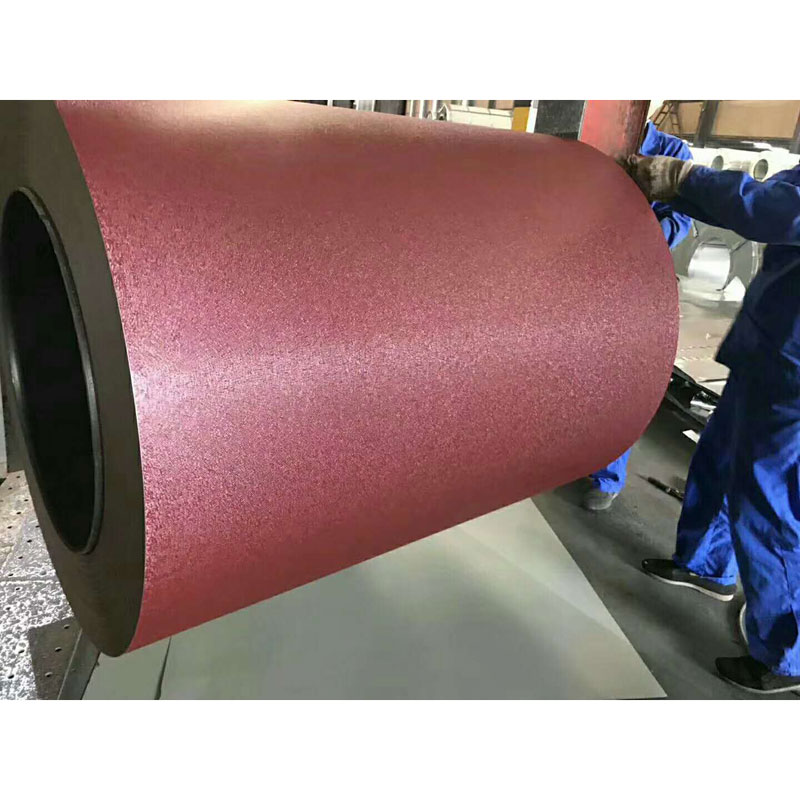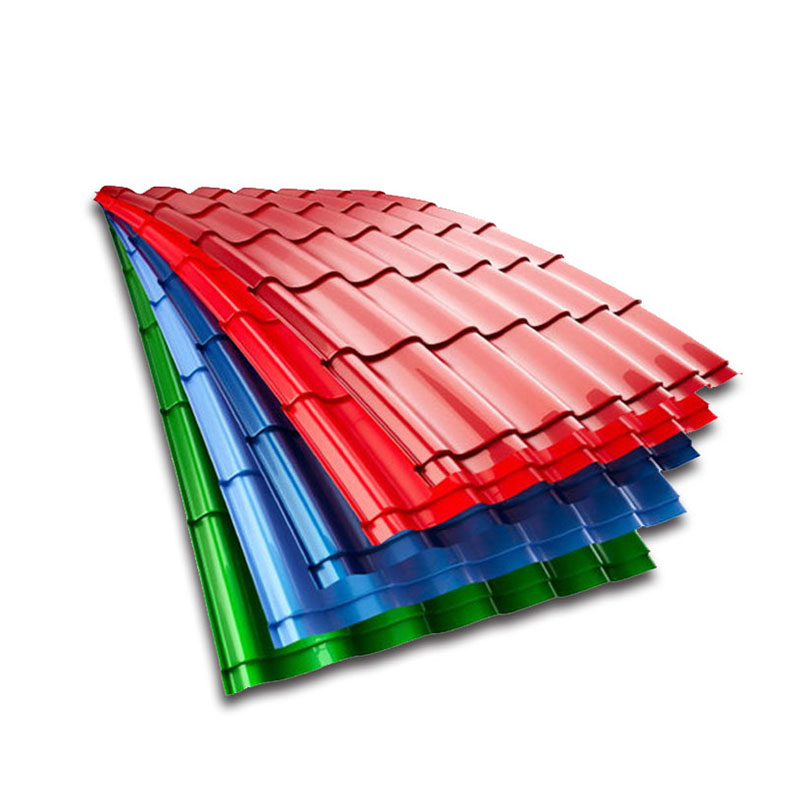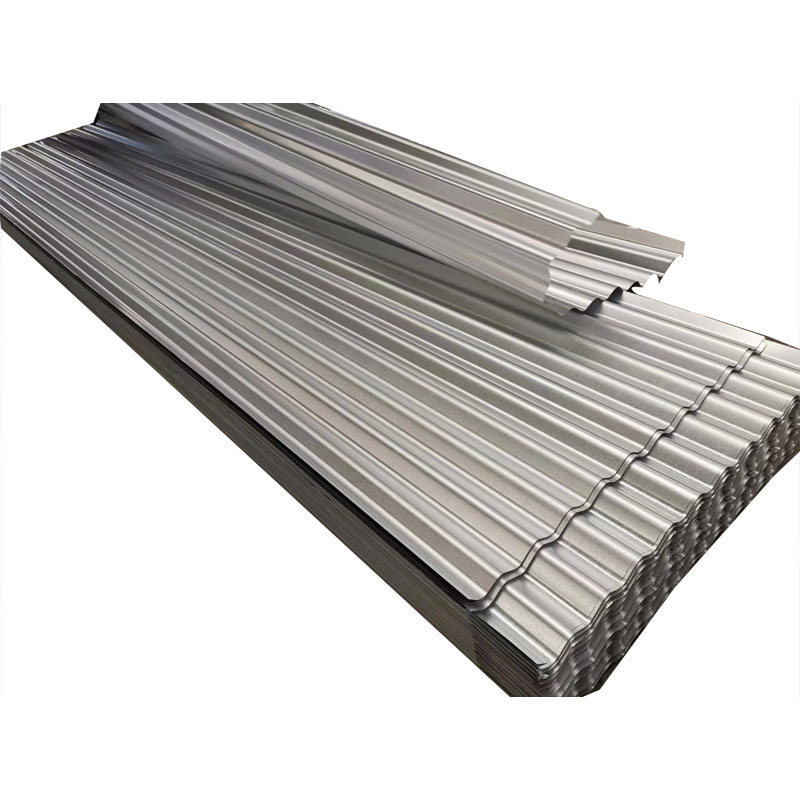Introduction
Sheet metal is one of the shapes and forms metal, most widely used materials in modern industry and construction. Sheet metal is any metal that has a thickness in between 0.5-6 mm.
Whether you are planning a DIY project, running a workshop or company, understanding steel sheet sizes, thickness options, and costs such as the 2mm steel sheet price and the 3mm steel sheet price is critical.
In this blog post, we will provide a all-embracing overview of steel sheet options, sizes, applications, and pricing details. We will especially focus on flat steel sheet varieties in 2mm and 3mm thicknesses, which are among the most commonly purchased grades for structural, manufacturing, and general-purpose applications.
Foil, Sheet and Plate: The differences
Metal foil is especially common with aluminium, often referred to as tinfoil. The thickness of foil is usually up to 0.2 mm.
Sheet metal is the next in line. The thickness of sheet metal starts from 0.5 mm and goes up to 6 mm. Anything above that is a metal plate.
Flat Steel Sheet: Let’s have a close look
A flat steel sheet is a processed steel product manufactured in rectangular flat form. It is produced by rolling steel billets through large rollers until the desired thickness and width are achieved.
These sheets can be further categorized into:
- Hot Rolled Steel Sheets (HR sheets): Manufactured at high temperatures, offering excellent malleability, and typically used where precise dimensions are not critical (e.g., construction, structural parts).
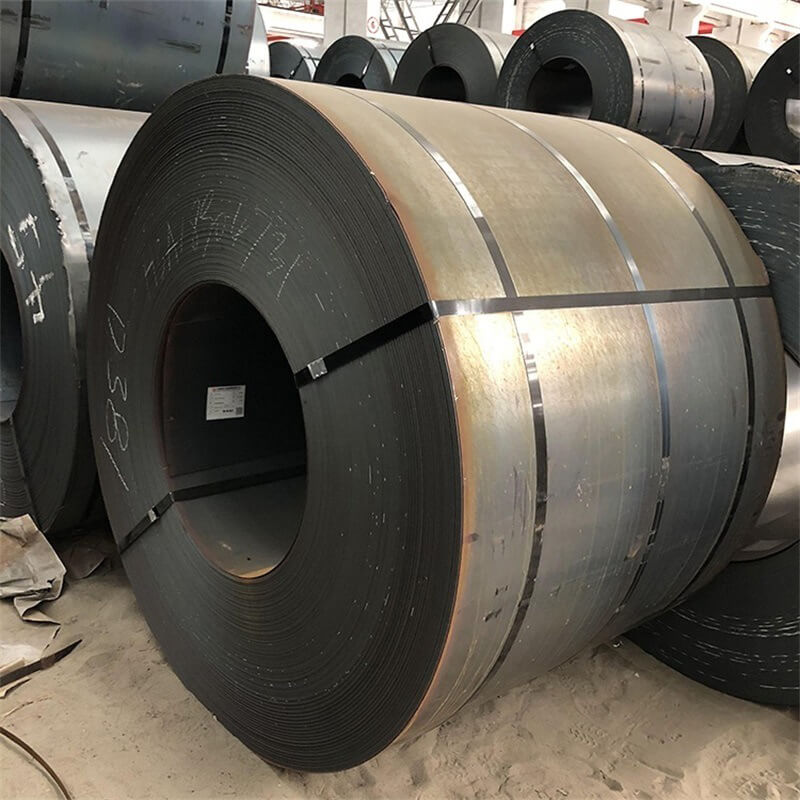
- Cold Rolled Steel Sheets (CR sheets): Produced by further processing HR sheets at room temperature, which improves surface finish, strength, and dimensional accuracy. CR sheets are commonly used in automotive, appliances, and precision applications.
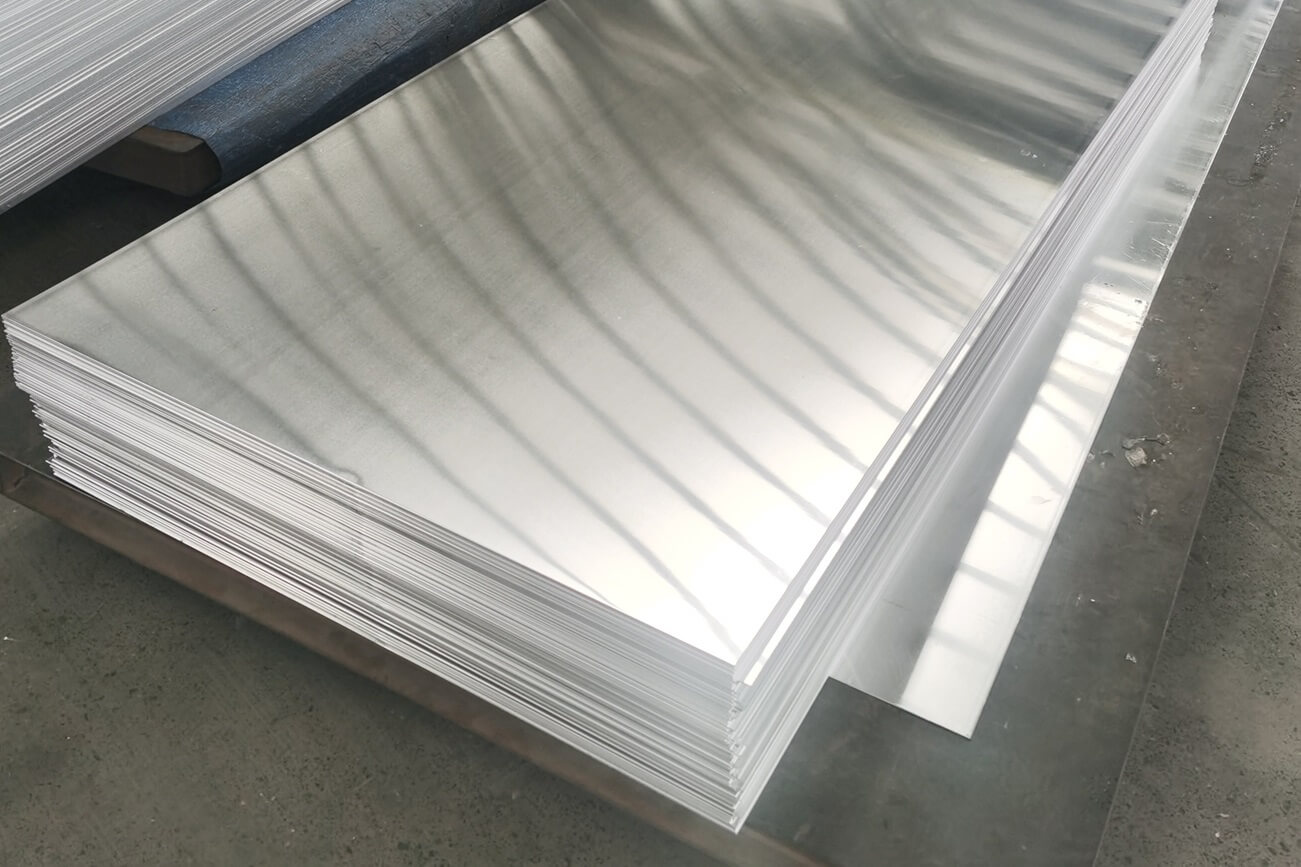
- Galvanized Steel Sheets (GI sheets): Coated with zinc for corrosion resistance, widely used in roofing, cladding, and outdoor structures.
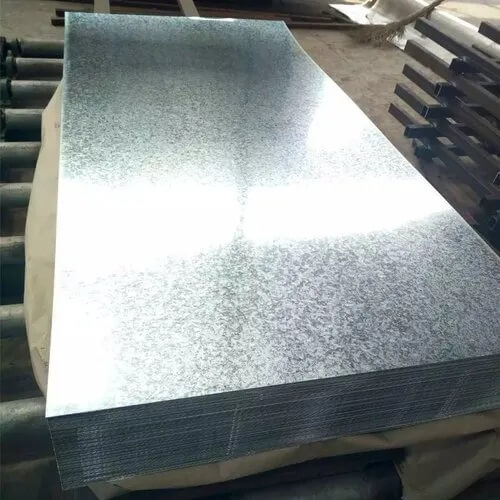
- Stainless Steel Sheets: Alloyed with chromium and nickel for excellent corrosion resistance, often used in kitchens, food processing, and medical equipment.
Common Steel Sheet Sizes: Available Standard sizes
The dimensions of a steel sheet are generally defined by thickness, width, and length. Thickness is usually measured in millimeters (mm), while width and length are measured in millimeters or meters.
Standard Sheet Sizes
Thickness: Ranges from 0.5 mm up to 100 mm. For most construction and fabrication work, 2mm, 3mm, 5mm, and 6mm sheets are the most popular.
Width: Typically 1000 mm, 1250 mm, 1500 mm, or 2000 mm.
Length: Standard lengths include 2000 mm, 2500 mm, 3000 mm, and 6000 mm. Sheets can also be cut-to-size based on customer requirements.
For example, a typical flat steel sheet size might be 1250 mm × 2500 mm × 3 mm. This sheet would weigh approximately 74 kg, given that steel has a density of about 7850 kg/m³.
Custom Sizes
Many suppliers also offer custom cut-to-size flat steel sheet services. This is especially useful for workshops and manufacturers that require specific dimensions to minimize wastage and save time during production.
Applications of Steel Sheets: Utilizations
Steel sheets are used in nearly every sector. Here are some of the most common applications:
- Construction Industry: Beams, roofing, cladding, reinforcement, and flooring.
- Automotive Industry: Body panels, chassis, and structural components.
- Appliances and Furniture: Refrigerator panels, washing machine bodies, and office furniture.
- Fabrication and Manufacturing: Machine parts, tanks, containers, and agricultural equipment.
- DIY and Small Projects: Gates, shelves, grills, and decorative items.
Because steel sheets can be welded, cut, bent, and coated, they offer unmatched versatility across multiple domains.
2mm Steel Sheet Price: Factors affecting Prices
One of the most popular thicknesses in sheet steel is 2mm. These sheets are lightweight yet strong enough for general-purpose applications, making them ideal for enclosures, cladding, vehicle bodywork, and light fabrication.
The 2mm steel sheet price varies depending on factors such as:
- Type of Steel: Mild steel, galvanized, or stainless steel.
- Production Process: Hot-rolled sheets are cheaper, while cold-rolled sheets command a higher price.
- Market Rates of Steel: Steel is a globally traded commodity, so prices fluctuate with raw material costs and demand.
- Supplier and Region: Prices may differ slightly depending on the supplier and delivery location.
3mm Steel Sheet Price: Factors affecting Prices
When extra strength and durability are needed, the 3mm steel sheet becomes a preferred option. It is heavier than 2mm, which makes it suitable for load-bearing applications, machinery parts, and construction projects.
The 3mm steel sheet price depends on the same factors as for 2mm sheets, but naturally, the cost is higher due to increased weight and material usage.
Market Reference Prices (2025)
Most global steel data refers to hot-rolled coil (HRC) or cold-rolled coil (CRC) prices per metric ton. Here’s what current sources report:
Hot-Rolled Coil (HRC): Around US $876–930 per metric ton, or roughly US $0.88–0.93 per kg (Reuters, Industrial Tube and Steel Corporation, FocusEconomics).
Cold-Rolled Coil (CRC): Between US $1,092 – $1,140/MT, or US $1.09–1.14/kg (Industrial Tube and Steel Corporation).
Translating to Flat Steel Sheet Costs
Let’s estimate costs for 3 mm and 2 mm flat steel sheets, based on standard sheet size:
Assumed standard sheet: 1.25 m × 2.5 m, density ~7.85 g/cm³.
| Thickness | Volume (m³) | Weight (kg) |
| 2 mm | 0.00625 | ~49.1 |
| 3 mm | 0.009375 | ~73.6 |
| Steel Type | Price (per kg) | 2 mm Sheet Cost | 3 mm Sheet Cost |
| Global HRC Avg | ~$0.80 | ~$39 | ~$59 |
| U.S. HRC | ~$0.90 | ~$44 | ~$66 |
| U.S. CRC | ~$1.10 | ~$54 | ~$81 |
Factors Affecting Steel Sheet Prices: Key Factors
- Global Steel Market Trends: Prices fluctuate depending on raw material costs, global demand, and trade policies.
- Thickness & Size: Thicker sheets require more raw material, so cost per sheet rises.
- Type of Finish: Galvanization, polishing, or coatings add to the price.
- Transportation Costs: Delivery charges for bulky sheets can be significant.
- Supplier & Region: Local taxes, supply chain, and competition influence retail pricing.
Tips for Buying Steel Sheets
- Define your demand: Choose between HR, CR, GI, or stainless steel based on usage.
- Tab available steel sheet sizes: Standard sheets are cheaper; custom cut-to-size may add extra cost.
- Buy by weight rather than per sheet: This ensures better transparency in pricing.
- Compare multiple suppliers: Small regional differences can save significant costs in bulk purchases.
- Look for certified steel: Ensure the sheet meets IS (Indian Standards) or international ASTM standards.
Conclusion: Final-thoughts
A flat steel sheet is versatile, durable, and widely available in hot-rolled, cold-rolled, galvanized, or stainless steel options.
By understanding sheet sizes, applications, and price drivers, buyers can optimize costs while ensuring they select the right material for their specific needs.
Qingdao Witop Steel group are fully convinced that the good-qualitied products assist the success of our customers. The leading products are WITOP brand galvanized steel sheet, galvalume/alu-zinc steel sheet and color coated steel sheet, which gained famous brand products in China.
Focusing on “stabilizing high quality and establishing brand”, Witop Steel has established a stable raw material supply and sales network in more than 100 countries and 180 customers, and enjoys a high reputation in the domestic and foreign markets.


